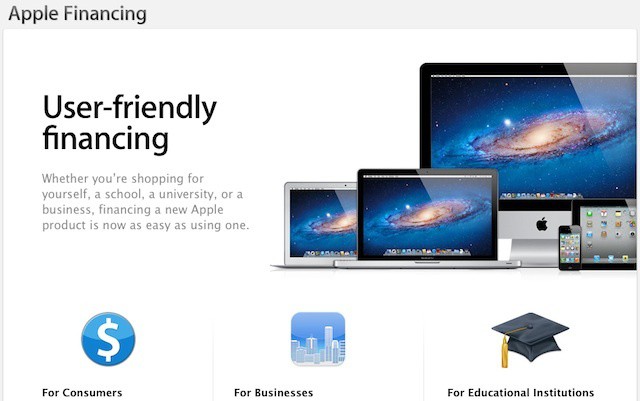A02
Week 4: Corporatization of the University
For this week’s topic and readings, my initial response was fear. After reading Christopher Newfield’s Unmaking the Public University and looking back at my own journey to receive higher education, there were events during that journey that could’ve ended my “American Dream” (I will simplify and say: tuition raises, financial aid, impacted classes, censorship…).
To begin, I acknowledge that the economy is an ever-changing feature of civilization sensitive to any domestic or international change. And while we can document everything to make sure there is a strategy available for the changes, we cannot always be prepared. In other words, there are uncontrollable times where domestic cuts must be made to protect what is already existing. But this is not the economic decline that public universities are experiencing but rather it is the excuse used to increase the pressures of disadvantage students and academia work force. Newfield’s definition for American middle-class, which I agree with, are the college-educated children of a generation influenced by “mainstream and political ideal” that higher education leads to financial and political (i.e. cultural?) stability, American Dream (3).
This increasing pressure to minimize the (true) middle class population is through higher education. Businesses and conservative campaigning work behind the scene to limit and set what universities can provide to its students. A case could be like: cutting certain humanity programs and funding STEM programs. This case would seem to benefit and neglect a student, depending on their major/interest. However in reality, public universities are “manipulated” by corporate interests. The private company that sponsored STEM programs do so, to increase their work field and influence. For this interest, less productive studies are lost (e.g. Chicano Studies) (1). In the end, students of any perspective could be neglected and colleges become
Question: How can we make education a societal investment, not a savings-account-drainer investment?
A private corporatization using education to promote business. Both positive and negative but ultimately increases the relationship between corporatization and education and allocate funds from essential programs to an optional technology improvement.
Reference:
- Newfield, C. (2011). Unmaking the public university : The forty-year assault on the middle class (1st Harvard University press paperback ed.). Cambridge, Mass: Harvard University Press.
- Illinois School's iPad Program Highlights Advantages Of Apple's Education And Business Lease Options. (2015, July 27). Retrieved April 23, 2017, from http://www.cultofmac.com/175810/illinois-schools-ipad-program-highlights-advantages-of-apples-education-and-business-lease-options/

No comments:
Post a Comment